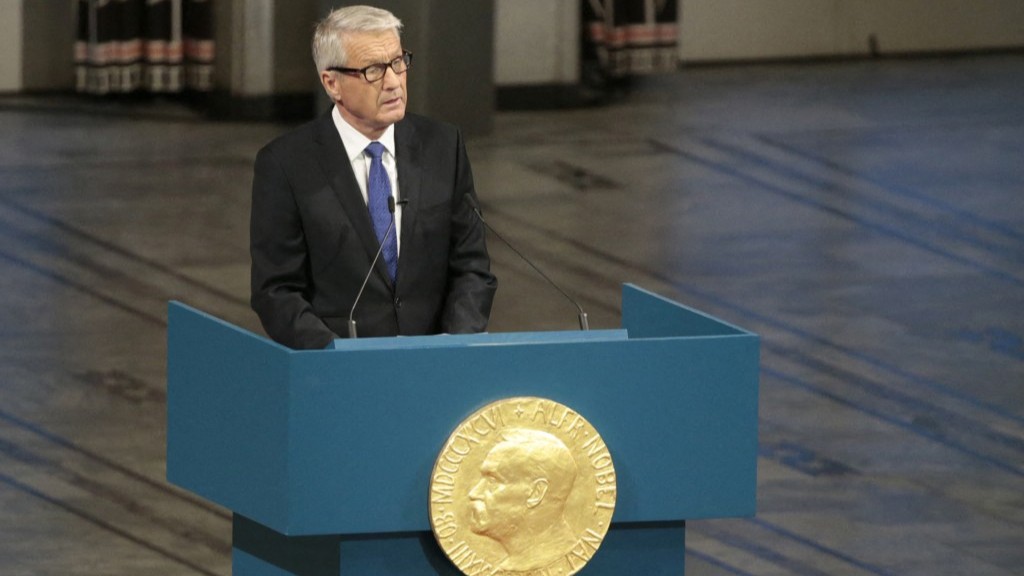
“The Nobel Big Shot”: Former Norwegian PM Facing Corruption Probe Over Links to Epstein
After the Council of Europe lifted his immunity, Thorbjørn Jagland is now formally suspected of aggravated corruption.

After the Council of Europe lifted his immunity, Thorbjørn Jagland is now formally suspected of aggravated corruption.

After a decade-long leadership role, Epstein-linked allegations prompted renewed scrutiny of the erstwhile Strasbourg chief’s activities during and after his top-level career.
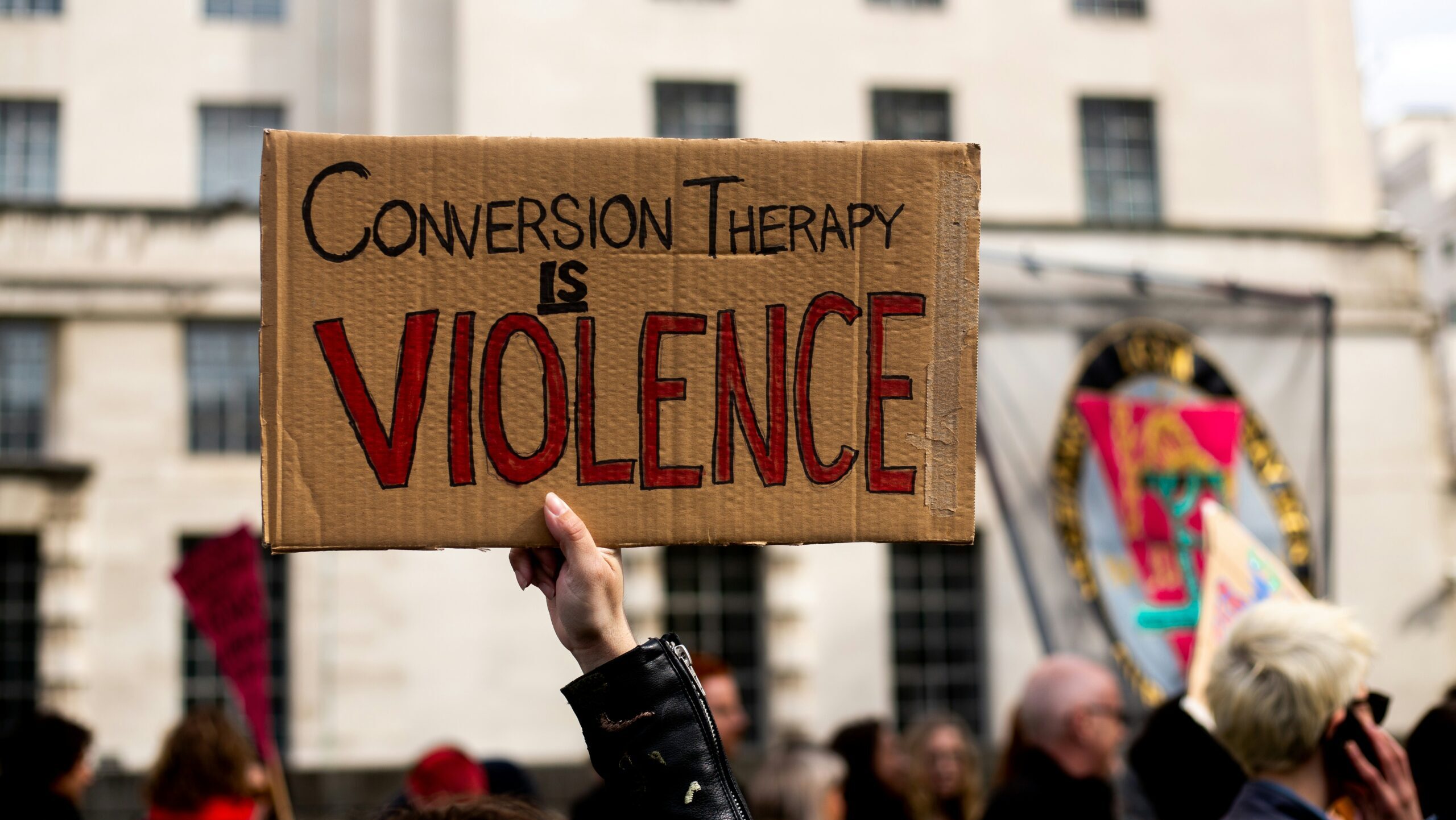
Those pushing for a ban are not being open about what constitutes a ‘conversion practice.’

Led by a UK Labour MP, the proposal has revived warnings that measures presented as protection could end up restricting open discussion around gender identity.
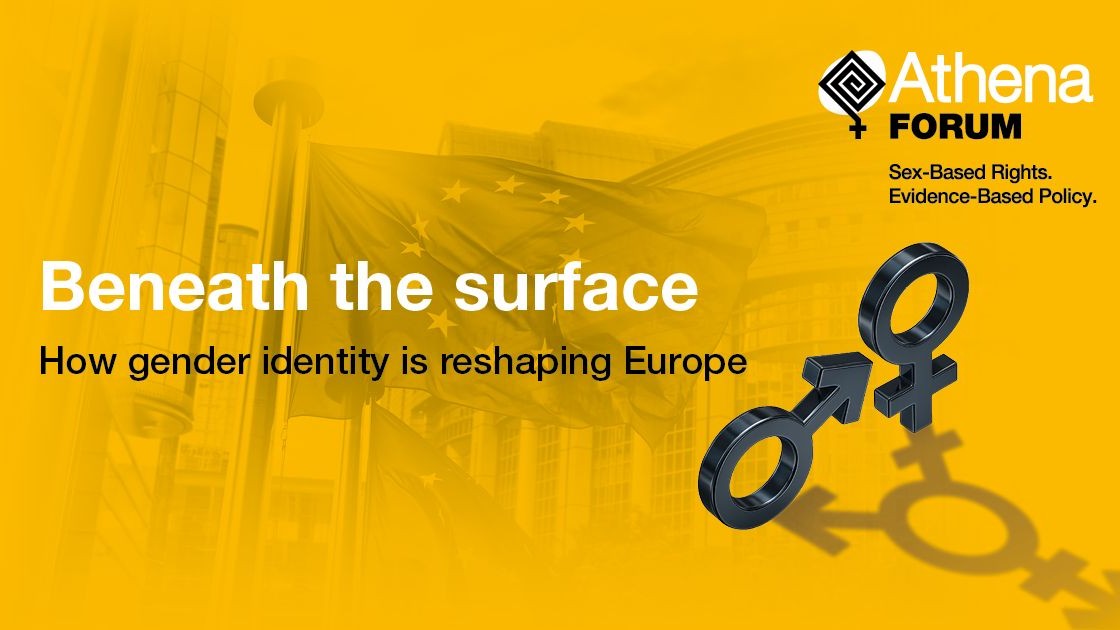
A well-organized, well-funded web of NGOs and activist networks are influencing all areas of life in the EU without any tangible oversight.
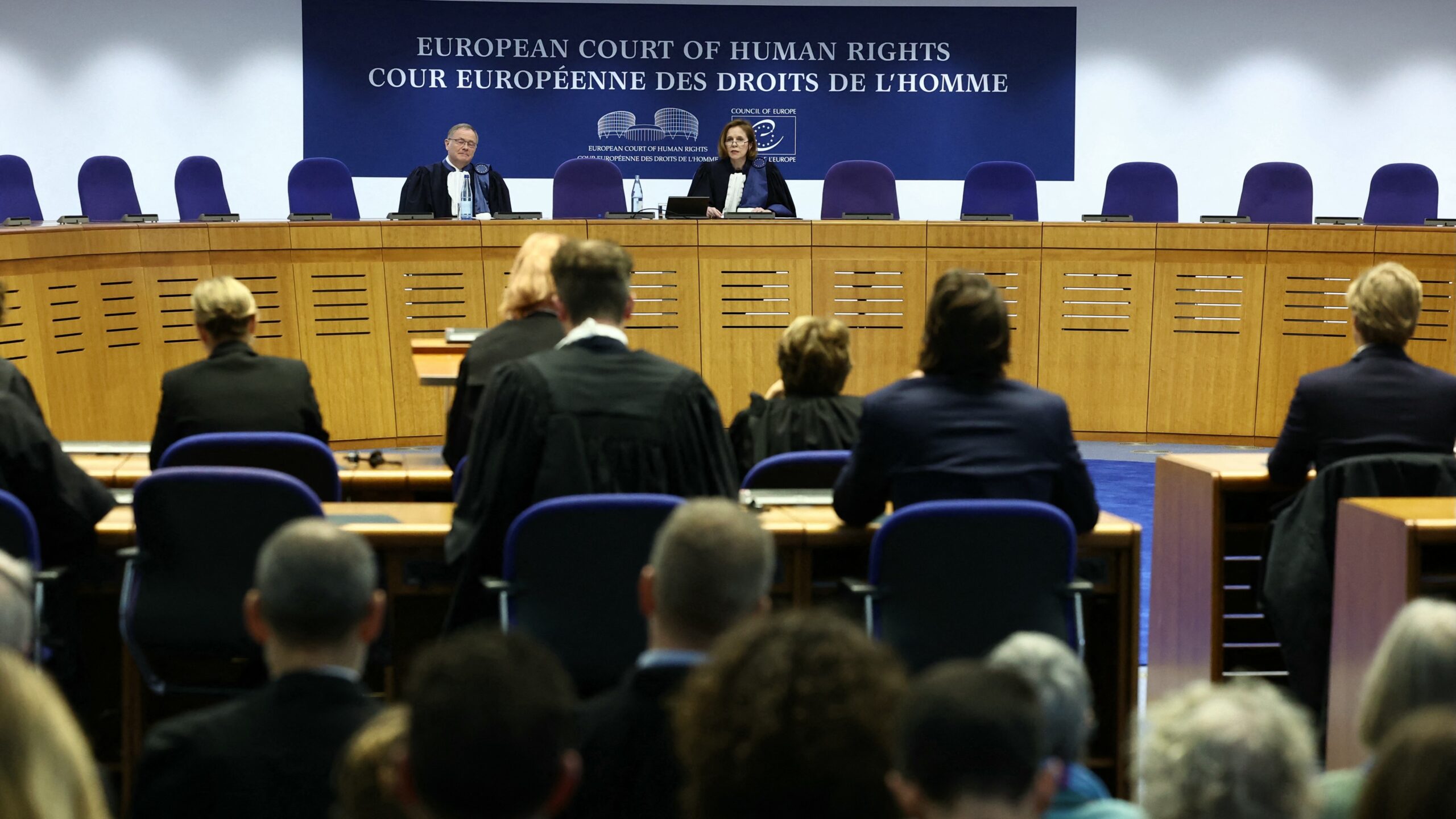
Not all campaigns for change are sincere, but they could still result in it becoming easier to deport foreign criminals.
Criticism of the Balkan country’s ‘prejudice’ includes the claim that its legal ‘gender recognition’ process is ‘burdensome and overly medicalised.’
Italian Prime Minister Georgia Meloni defended her country’s law enforcement authorities against the ideologically biased claims of the report.
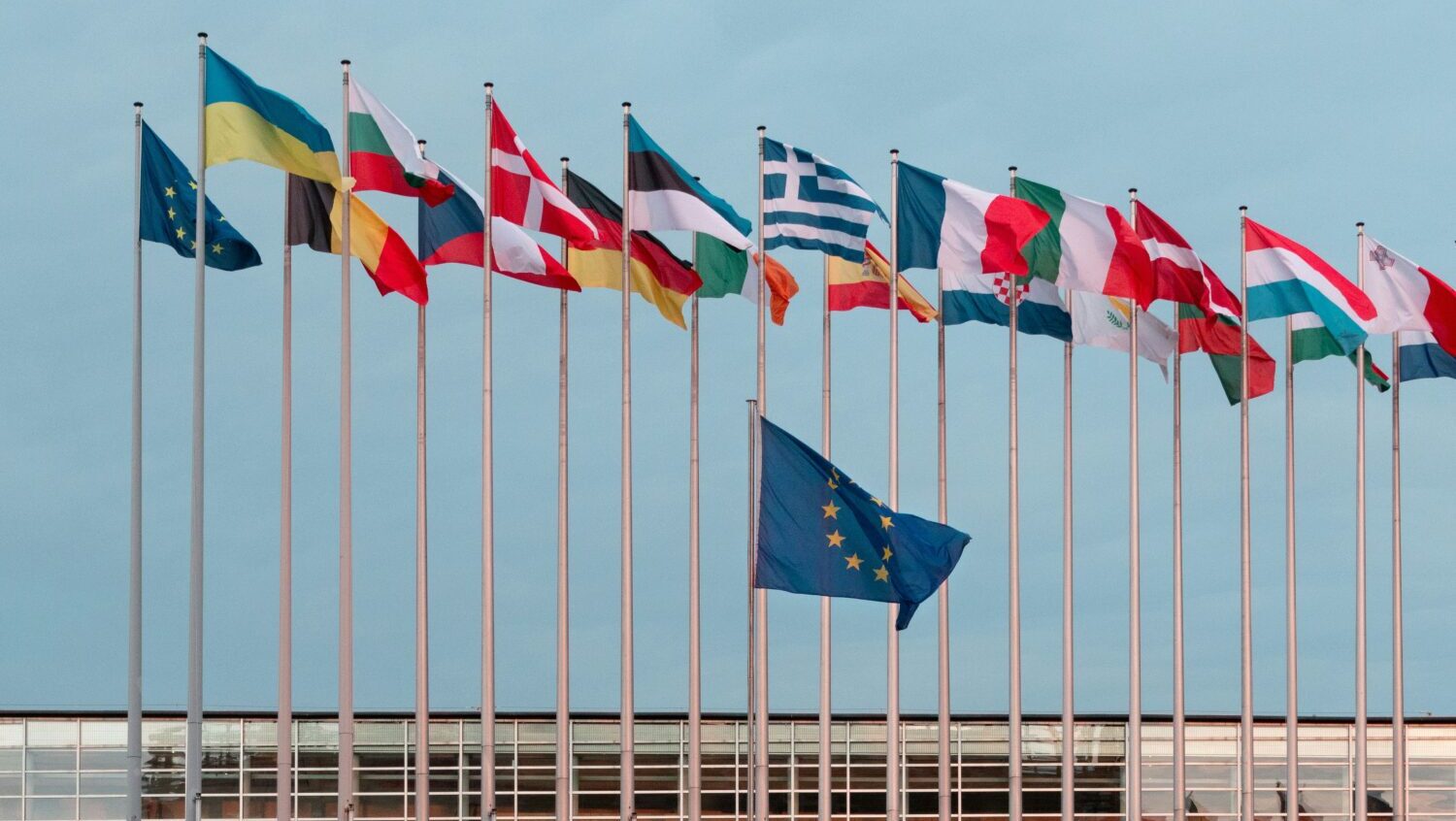
Recommendations from the EU Council play a much bigger role in shaping national law than they should.
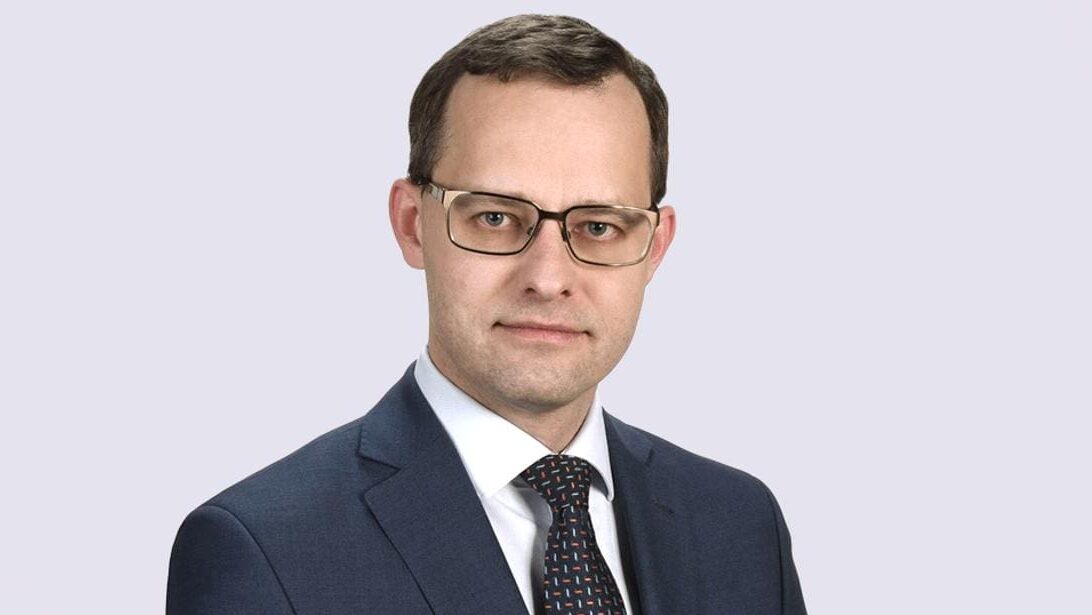
Polish conservatives describe the arrest of Marcin Romanowski as a calculated act of intimidation.